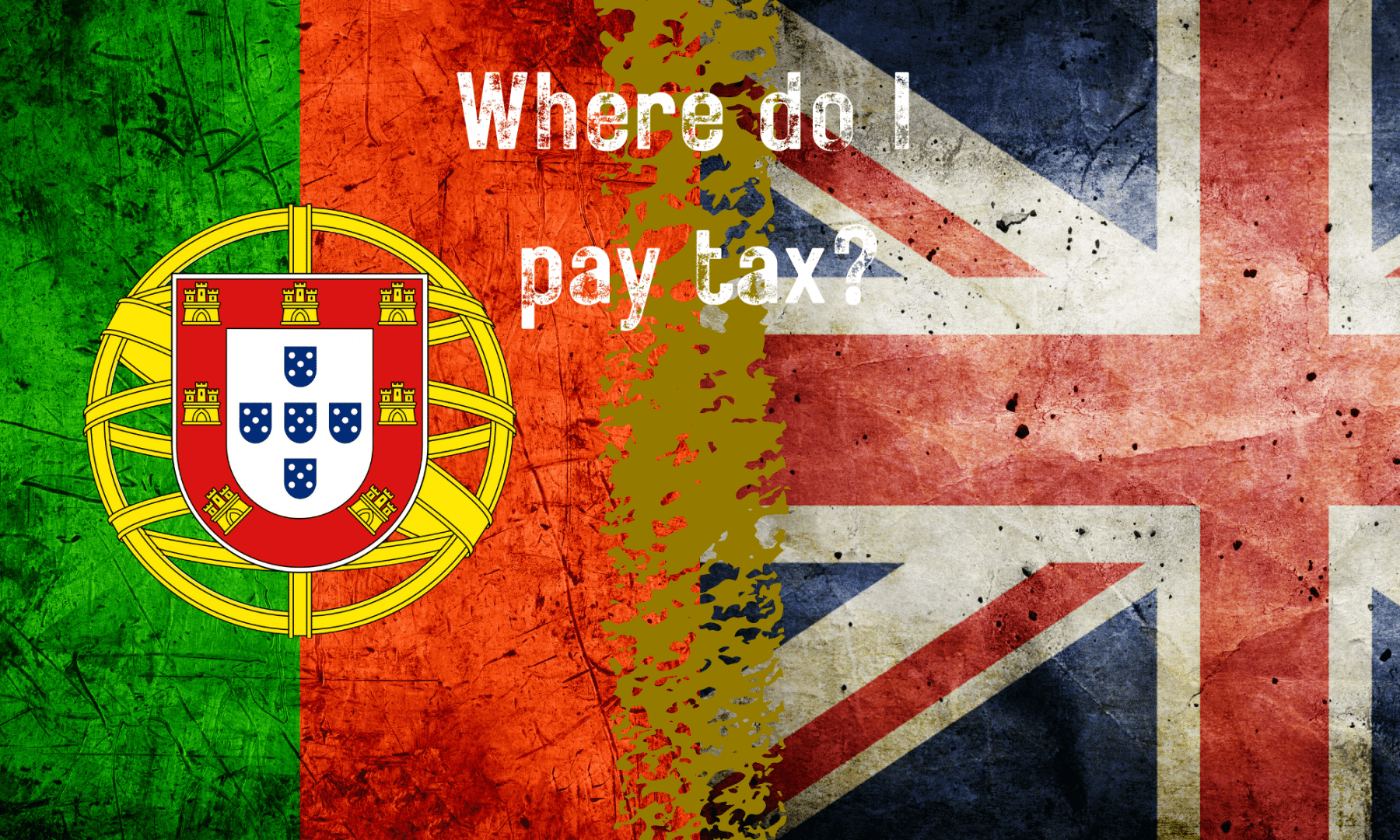Did you know…?
Understanding what is taxable here in Portugal and at what rate, can be confusing. With a lot of incorrect, out of date or just misunderstood information out there, we take a look at the commonly misreported points.
By Portugal team
This article is published on: 29th March 2024
Understanding what is taxable here in Portugal and at what rate, can be confusing. With a lot of incorrect, out of date or just misunderstood information out there, we take a look at the commonly misreported points.
Those with the advantageous NHR status (Non-Habitual Residency) are well aware that foreign interest and dividends are taxed at 0%. But what many do not realise is that this does not apply to funds.
Most people are invested in funds or ETFs, rather than direct stocks, and interest or dividends arising from these are not tax exempt under NHR.
Another misconception is that if you do not take a withdrawal from your investments, you do not have to declare income/gains and pay tax.
Unless your investments are within a pension structure or an offshore bond, income, dividends and gains are taxable on an arising basis i.e. if a fund is sold/switched. It does not matter that you have not physically had anything paid to your bank account or nothing has been withdrawn from the investment. The tax office are increasingly challenging investors in this respect, so it is important to check that you are making the right declarations in Portugal.
From 1st January 2023 any gain arising from the disposal or transfer of shares/securities held for less than 365 days will be taxed at progressive rates of income tax i.e. 48% plus 2.5%/5% solidarity tax, if your total taxable income (including the gain) is more than €81,199.
Shares/securities held for more than 365 days, or where your total taxable income including the gain is below the threshold, the standard tax of 28% will apply.
This is important if you or your investment adviser is trading, rebalancing or switching regularly.

Portuguese residents must declare and pay tax in Portugal on worldwide income and gains. Individuals commonly think that they can continue to pay taxes in the UK as Portuguese tax residents or choose where to pay taxes on certain assets.
Whilst certain income/gains do remain taxable in the UK i.e. those arising from real estate, this must still be reported in Portugal and any relevant tax due paid. A credit is given for tax paid in the UK, so you will not pay tax twice.
Another common error is pension income. This is taxable in Portugal, not the UK, even if the pension is a UK pension. The only exception to this is government service pensions e.g. teachers, local government, police etc. The UK State Pension is not a government service pension and is therefore taxable in Portugal, not the UK.
Whilst the UK will record the drawdown as tax-free cash (PCLS) for UK purposes, this is a UK tax break for UK tax residents. Portuguese residents receiving their “tax-free cash” will be taxed on the lump sum as standard pension income in Portugal.
The standard rule on property sales for Portuguese tax residents is, 50% of the gain is taxable at scale rates. This is the same if you are selling a property in Portugal or overseas.
If the property you are selling has been your main home in Portugal for at least 2 years, you may be able to qualify for the main residence reliefs and reduce or eliminate the capital gains tax.
If the property has an AL license however, the tax on sale is applied to 95% of the gain, not 50%. Individuals would have to wait 3 years following the cancellation of the AL license to benefit from the standard rates of tax.
When utilising tax efficient structures it is important to consider the tax consequences. Some structures only tax gains and others do not distinguish between capital and gains.
A common example is a simple platform or bond; here only gains are taxed, however a trust or QNUPS taxes the capital and the gain. So with the latter, you will pay tax even if you have not made a gain or made a loss!